Japanese Pronouns – A List of Most Commonly Used Forms
Japanese is a rich and nuanced language, known for its intricate grammar and diverse set of pronouns. When learning Japanese, understanding the various pronouns and how they are used is essential for effective communication. In this comprehensive guide, we will explore the most commonly used Japanese pronouns and their nuances.
Table of Contents
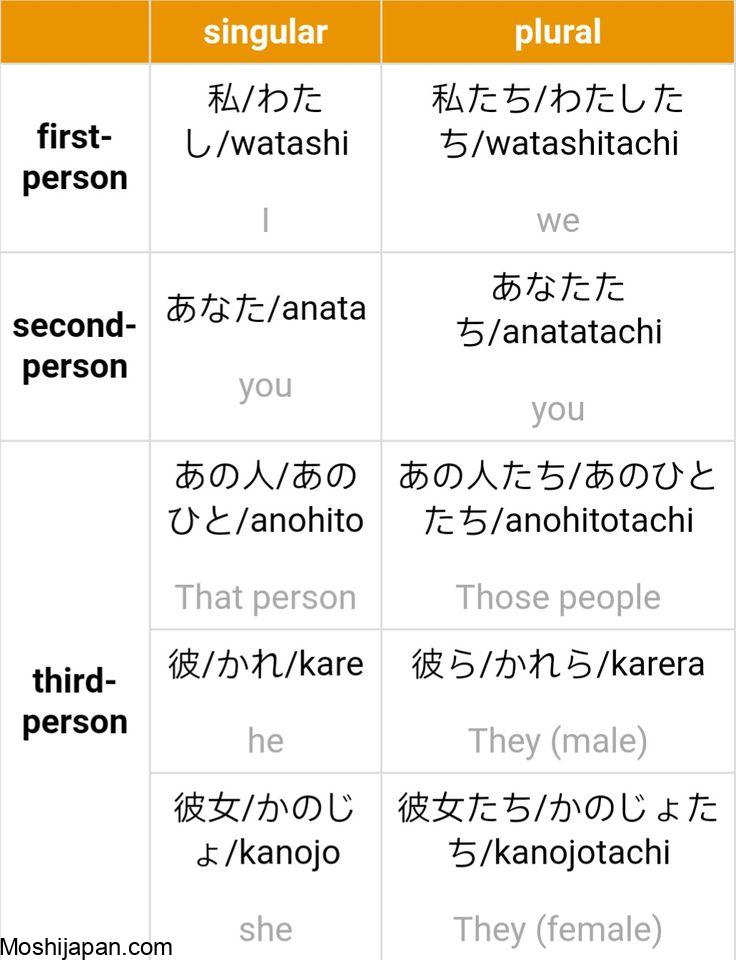
- Introduction to Japanese Pronouns
- Personal Pronouns
- First Person Pronouns
- Second Person Pronouns
- Third Person Pronouns
- Demonstrative Pronouns
- Interrogative Pronouns
- Relative Pronouns
- Indefinite Pronouns
- Possessive Pronouns
- Reflexive Pronouns
- Honorary Pronouns
- Gender-Specific Pronouns
- Formality Levels and Pronoun Usage
- Pronouns in Japanese Culture
- Common Mistakes to Avoid
- Tips for Learning Japanese Pronouns
- Conclusion
Introduction to Japanese Pronouns
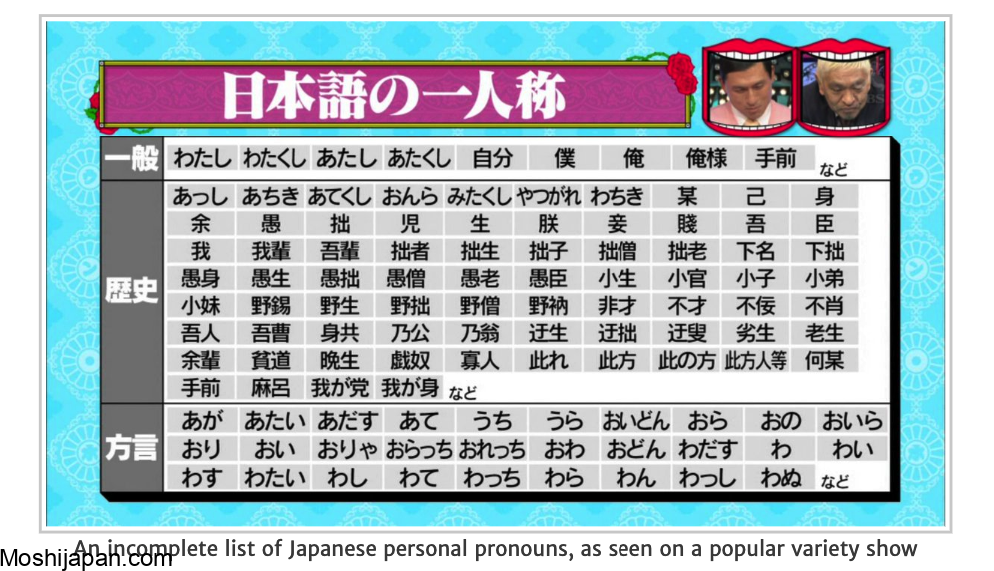
Pronouns are fundamental building blocks of language, enabling us to refer to ourselves, others, and objects without repetition. In Japanese, pronouns are used extensively and often carry subtle nuances of politeness, familiarity, and gender. Let’s delve into the various categories of Japanese pronouns.
Personal Pronouns
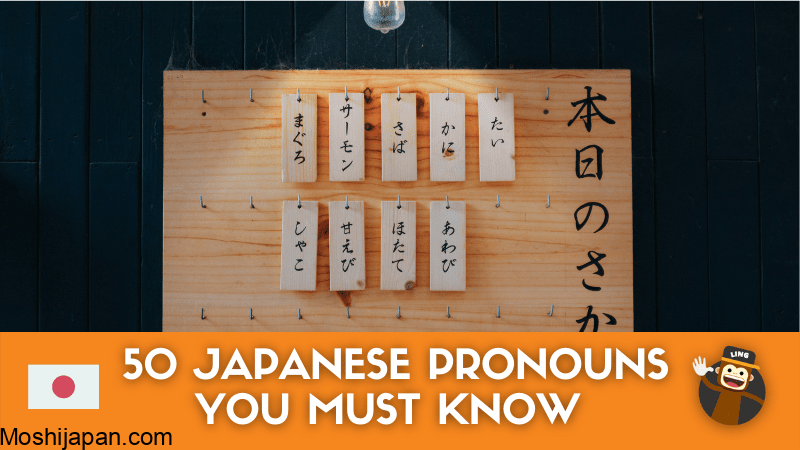
First Person Pronouns
In Japanese, first-person pronouns are used to refer to oneself. Some commonly used first-person pronouns include “watashi,” “boku,” and “ore.” Each of these has its own level of formality and conveys different nuances.
Second Person Pronouns
Second-person pronouns are used to address or refer to someone directly. “Anata” is a common second-person pronoun, but its usage depends on the context and relationship between speakers.
Third Person Pronouns
Japanese third-person pronouns are used to refer to others in conversation. “Kare” (he), “kanojo” (she), and “ano hito” (that person) are examples of third-person pronouns.
Demonstrative Pronouns
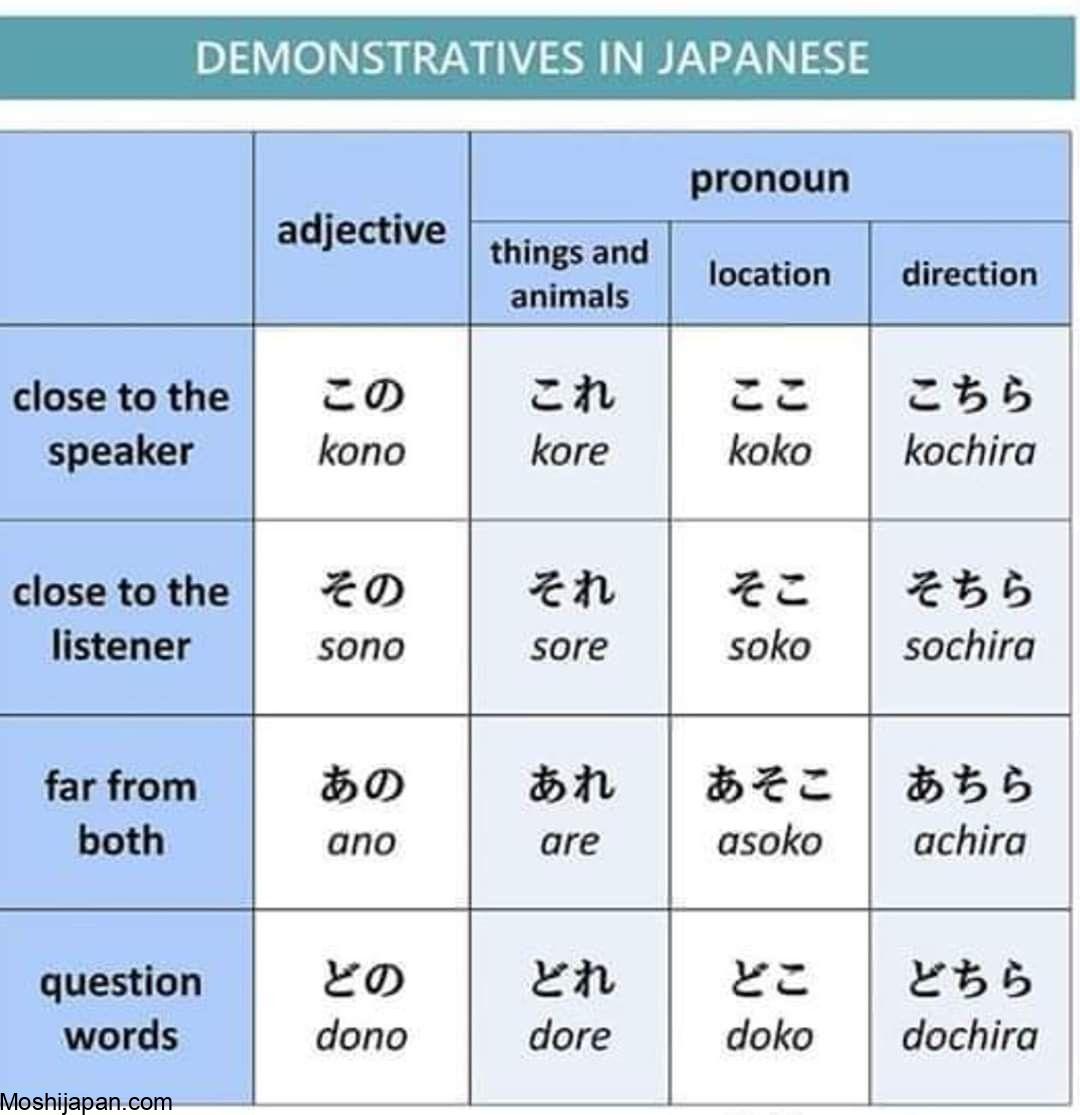
Demonstrative pronouns are used to point to specific objects or people. In Japanese, “kore” (this), “sore” (that), and “are” (that over there) are frequently used demonstratives.
Interrogative Pronouns
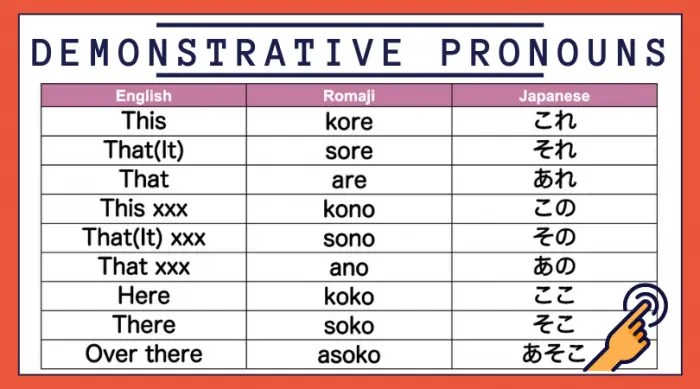
Interrogative pronouns are used to ask questions. In Japanese, “nani” (what), “dare” (who), and “doko” (where) are common examples.
Relative Pronouns
Relative pronouns are used to introduce relative clauses. In Japanese, “no” is often used as a relative pronoun to connect two ideas or describe relationships between objects or people.
Indefinite Pronouns
Indefinite pronouns refer to non-specific people or things. In Japanese, “dareka” (someone), “nandemo” (anything), and “itsudemo” (anytime) are examples of indefinite pronouns.
Possessive Pronouns
Possessive pronouns indicate ownership. In Japanese, “no” is frequently used as a possessive pronoun to show possession.
Reflexive Pronouns
Reflexive pronouns indicate that an action is performed by the subject on itself. In Japanese, reflexive pronouns are constructed using the word “jibun.”
Honorary Pronouns
Japanese has special pronouns used to show respect and politeness. These include “watashi,” “watakushi,” and “besshi.”
Gender-Specific Pronouns
While Japanese pronouns are not inherently gendered, some pronouns are associated with specific genders. For instance, “boku” is often used by males, while “atashi” is more commonly used by females.
Formality Levels and Pronoun Usage
Japanese culture places great emphasis on politeness and formal language use. The choice of pronouns can reflect the level of respect and formality in a conversation.
Pronouns in Japanese Culture
Understanding pronouns in Japanese is crucial for navigating social interactions and cultural nuances. Pronoun choice can reveal a lot about a person’s background and personality.
Common Mistakes to Avoid
Learning Japanese pronouns can be challenging, and there are common mistakes learners often make. Being aware of these pitfalls can help you avoid them.
Tips for Learning Japanese Pronouns
Mastering Japanese pronouns requires practice and patience. Here are some tips to enhance your understanding and usage of pronouns.
Conclusion
In this article, we’ve explored the diverse world of Japanese pronouns, from personal pronouns to reflexive pronouns and everything in between. Understanding the nuances of pronoun usage is essential for effective communication in Japanese. Whether you’re a beginner or an advanced learner, mastering these pronouns will greatly enhance your language skills. So, go ahead and embrace the beauty of Japanese pronouns in your language journey.
tag
- how to say i lovie you in japan 2024
- living in japan
- nice to meet you in japanese
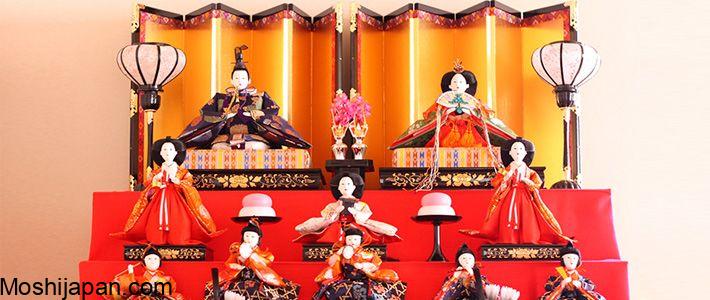

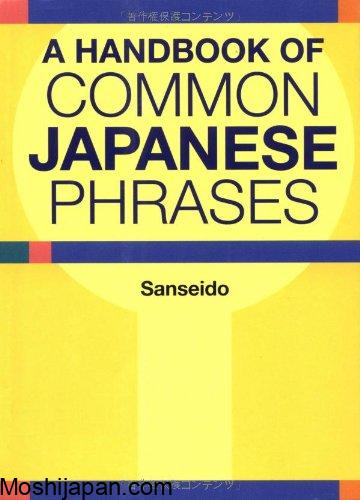
0 Comments